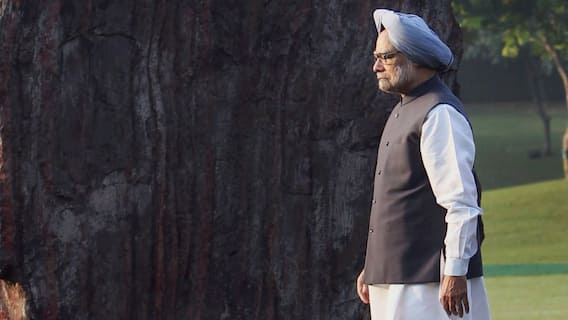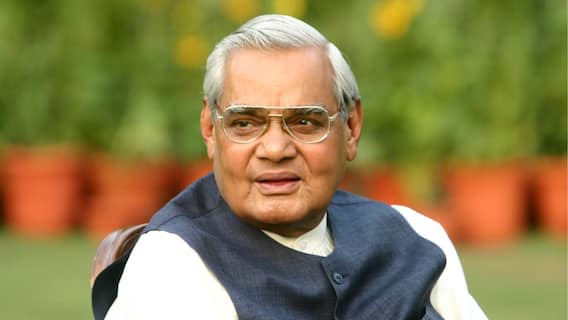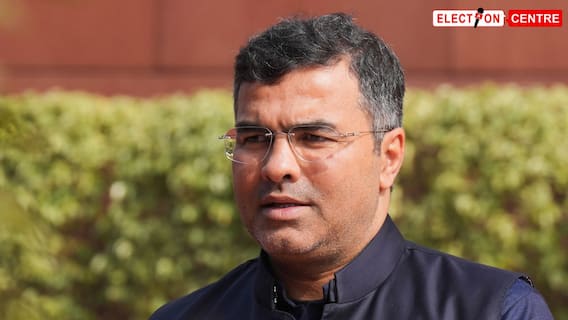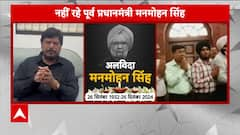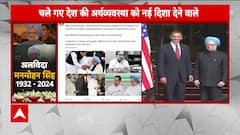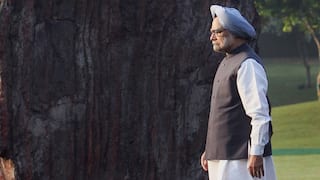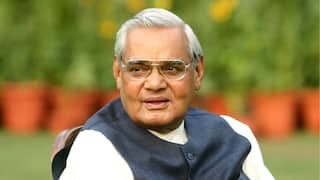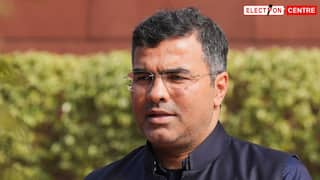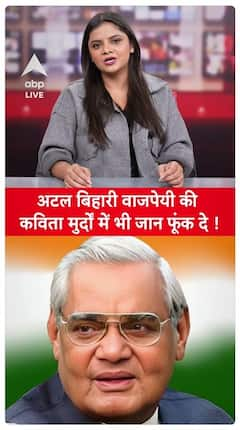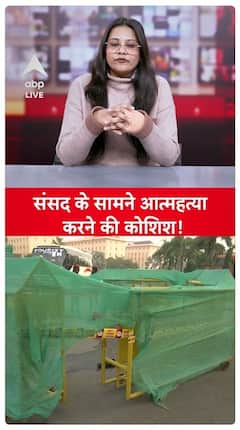AAP Govt vs L-G: Supreme Court Verdict On Delhi-Centre Tussle Over Control Of Services Today
The Supreme Court bench was set up to hear the legal issue over the scope of legislative and executive powers of the Centre and the Delhi government over control of services in the national capital.

New Delhi: The Supreme Court today will pronounce its verdict on the row between Centre and the Delhi government over control of services in the national capital. A five-judge Constitution bench headed by Chief Justice DY Chandrachud will be delivering the judgment. According to the cause list updated on the top court's website, only one verdict in the matter is likely to be pronounced by the CJI.
The Supreme Court bench, also comprising Justices MR Shah, Krishna Murari, Hima Kohli and P S Narasimha, had reserved its order on January 18 after hearing the arguments of Solicitor General Tushar Mehta appearing for Centre and senior advocate AM Singhvi for the Delhi government for almost four-and-a-half days.
Notably, the Supreme Court bench was set up to hear the legal issue over the scope of legislative and executive powers of the Centre and the Delhi government over control of services in the national capital.
The petition filed by the Delhi government came as a result of a split verdict of February 14, 2019, in which a two-judge bench of Justices A K Sikri and Ashok Bhushan, both now retired, recommended to the Chief Justice that a three-judge bench be set up to decide the issue of control of services in the national capital.
While Justice Bhushan had ruled that Delhi government had no power at all over the administrative services, Justice Sikri had said the transfer or posting of officers in the top echelons of the bureaucracy (joint director and above) can only be done by the Centre and the lieutenant governor's view will prevail in case of a difference of opinion on matters related to the other bureaucrats.
In a verdict in 2018, a five-judge Constitution bench had unanimously ruled that the Delhi LG was bound by the aid and advice of the elected government, and both needed to work harmoniously with each other.
Trending News
Top Headlines





